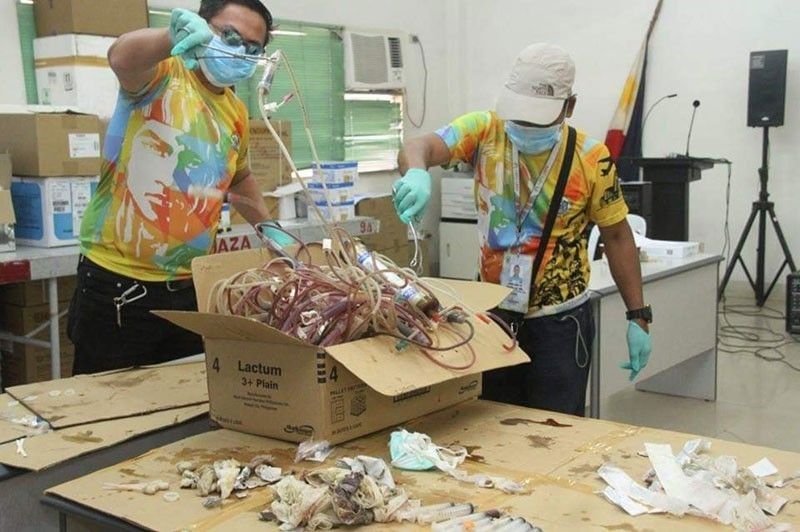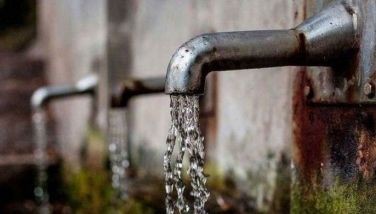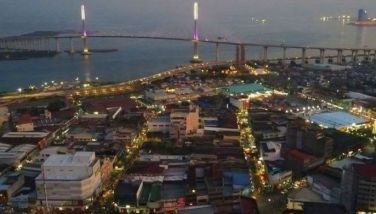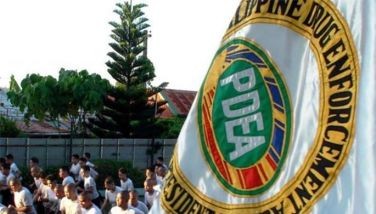Over 200 drums of medical wastes remain uncollected

CEBU, Philippines — Over 200 drums containing medical and hospital wastes have been kept inside the premises of hospitals in Metro Cebu, according to a local official.
Cebu City Councilor Joel Garganera, chairman of the City Council committee on environment, disclosed the information following a meeting with hospital administrators last week.
“This is not only the problem of hospitals but also ours in the government. If improperly disposed, the medical wastes may pose danger to public health,” he said.
Garganera, however, did not divulge the names of the hospitals.
The problem on the collection of infectious wastes should be addressed as early as now to ensure that these will not pose health and environmental risks, he said.
On January 30, representatives of the Department of Environment and Natural Resources-Environmental Management Bureau (DENR-EMB)-7, hospitals, funeral parlors, birthing centers, and Treatment, Storage and Disposal (TSD) facilities, among others are invited to speak before the council to shed light on the issue.
Garganera believed that this might be a “man-made crisis,” saying there are accredited TSD facilities that can collect these hospital wastes but were reportedly given a hard time to secure permits.
Pollution Abatement Systems Specialists, Inc. (PASSI) has been operating for over 15 years as collector of hospital wastes.
Engineer Julito Pogoy, PASSI president, said the company is still waiting for the TSD permit to be issued by the EMB central office.
Pogoy said the company applied for the permit even before its TSD permit expired mid-2018.
But it was only on January 15 when EMB-7 endorsed to its central office for the issuance of TSD permit to PASSI, he said.
“Once permit is issued, we are very much ready to collect kilos and tons of wastes stored in the hospital facilities. We hope to help address the issue,” he said.
The issue stemmed from the photos of hospital wastes found floating off the waters of Mactan Island earlier this month that circulated on social media.
In 2015, over 30,000 kilos of hospital infectious wastes were uncollected from 100 hospitals, clinics, and other medical facilities because of PASSI’s lack of permit. PASSI was the lone service provider authorized to collect, transport and treat hospital wastes that time.
Garganera said this year might be worst compared to the situation of 2015 if all stakeholders will not sit down and address the issues.
Inspection
Meanwhile, DENR-7 Regional Director Gilbert Gonzales ordered the EMB-7 to conduct a stringent inspection and monitoring of all waste management and treatment facilities of all resorts, malls and hotels in Central Visayas.
Gonzales made the directive following the medical wastes controversy.
“We have been strongly rallying to the call of DENR Secretary Roy Cimatu to fully enforce environmental laws. This year, we will begin by conducting a strict monitoring of waste management systems of large establishments in the region to make sure that major waste generators are handling their wastes responsibly,” he said in a statement.
EMB-7 Regional Director William Cuñado, for his part, vowed to address solid waste and clean water concerns by penalizing those who do not comply with the existing environmental laws, rules and regulations.
“In compliance with the instruction of RED Gonzales, we will create composite teams from DENR field offices and EMB to conduct the inspection and compliance of hotels, resorts and malls,” said Cuñado.
Pursuant to Presidential Decree No. 1586 and RA 9003 or the Ecological Solid Waste Management Act, no person, partnership or corporation shall undertake or operate any declared environmentally critical project or area without first securing an Environmental Compliance Certificate (ECC).
Cuñado said the purpose of ECC is to ensure that development will not come at the expense of the environment.
“ECC conditions issued to establishments need to be strictly followed and executed,” he said.
The EMB will be sending notices of violations to establishments not following the ECC conditions and will temporarily stop operations for non-compliance.
Under the Philippine Clean Water Act of 2004, owners or operators of facilities that discharge regulated effluents are also required to secure a permit to discharge.
The said discharge permit shall be the legal authorization granted to establishments to discharge wastewater.
Under the law, all untreated excreta from residential areas without septic tanks and untreated wastewater from commercial, industrial, institutional and public establishments shall not be allowed to be discharged to open drainage canals or piped drainage systems.
“No wastewater shall be discharged to waterways without any proper treatment,” Cuñado said. — Mitchelle L. Palaubsanon, KBQ (FREEMAN)
- Latest























